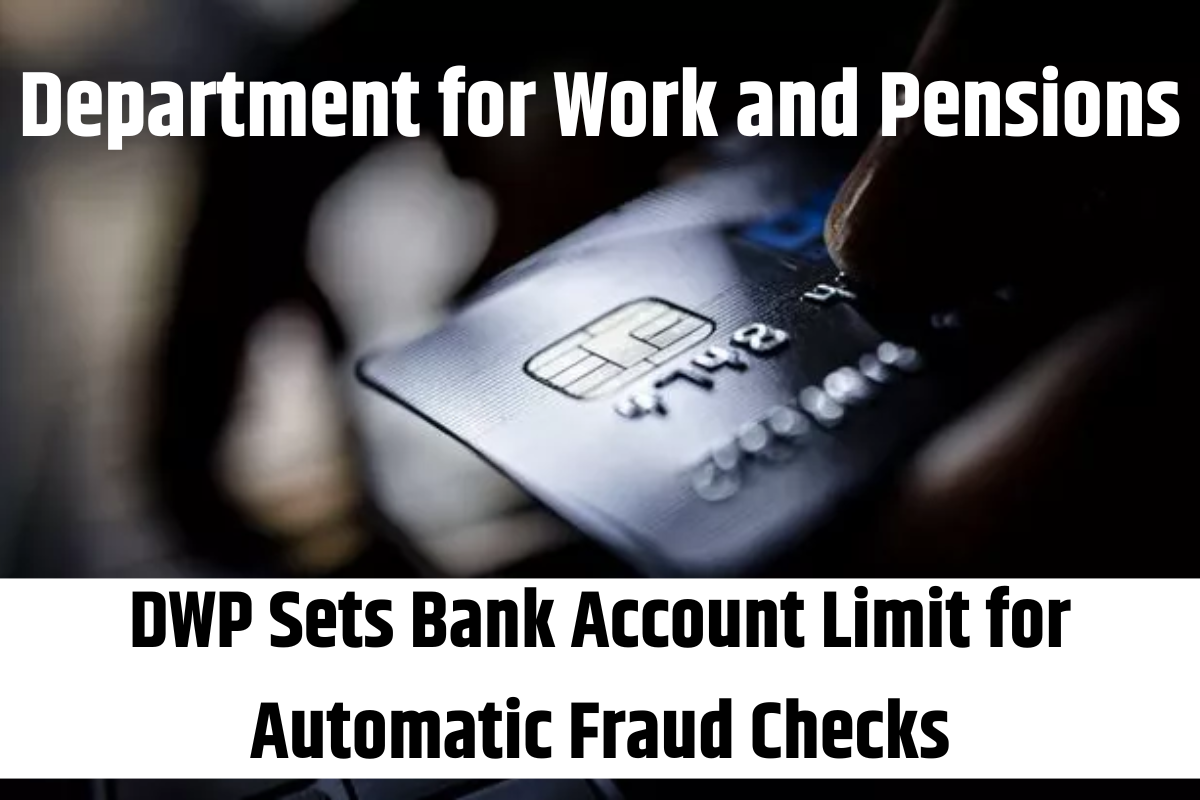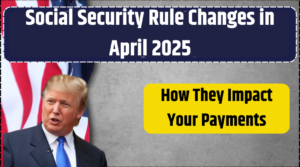The Department for Work and Pensions (DWP) has confirmed the financial thresholds that could trigger fraud alerts as part of a new crackdown on benefit payments. The government estimates that fraud and errors in the social security system cost taxpayers approximately £10 billion annually, with £35 billion in incorrect payments issued since the pandemic.
New Measures to Combat Benefit Fraud
Under the Public Authorities (Fraud, Error, and Recovery) Bill, banks and building societies will be required to monitor account balances for claimants receiving income-based benefits. Currently, individuals are expected to report their savings to the DWP if they exceed certain levels, but this new measure introduces an automated system to flag discrepancies.
The government expects these measures to save £1.5 billion over the next five years as part of a broader initiative to recover £8.6 billion—the largest anti-fraud and error effort in recent history. The DWP has also confirmed that capital limits for benefits will remain the same for the 2025-2026 financial year.
Capital Limits for Means-Tested Benefits
The following benefits are subject to capital limits:
- Universal Credit
- Income-based Jobseeker’s Allowance (JSA)
- Income-related Employment and Support Allowance (ESA)
- Income Support
- Housing Benefit (for those under State Pension age)
Savings and Assets Considered as Capital:
- Cash held in bank or building society accounts
- Investments such as Bonds and ISAs
- Property owned (excluding primary residence)
- Online accounts (e.g., PayPal, betting sites, and credit unions)
If a claimant’s savings exceed £16,000, their benefits will be stopped. Those with savings between £6,000 and £16,000 will have a portion deducted from their benefit payments.
How Deductions Work
- Universal Credit: A monthly deduction of £4.35 per £250 of savings above £6,000.
- JSA, ESA, Income Support, and Housing Benefit: A weekly deduction of £1 per £250 over £6,000.
For example, if a Universal Credit claimant has £6,300 in savings, their benefits would be reduced by £8.70 per month.
Government’s Assurance on Data Protection
Work and Pensions Secretary Liz Kendall emphasized that while banks will monitor savings, the DWP will not have direct access to personal banking transactions. Instead, financial institutions will send alerts when capital limits are exceeded or if there are suspicious activities, such as claimants residing abroad while receiving UK benefits.
Additionally, an independent oversight mechanism will be implemented to ensure fairness, and state pensions will be exempt from these checks. Kendall also noted that preventing overpayments will help claimants avoid large debt burdens caused by benefit errors, referencing an ongoing independent investigation into Carer’s Allowance overpayments.
FAQs: Your Questions Answered
Will the DWP have access to my bank statements?
No. The DWP will not be able to view transactions or spending habits. Banks will only send alerts if savings exceed the capital limit.
What happens if I give away money to stay under the savings limit?
This is known as ‘deprivation of capital’, and the DWP may treat your claim as if you still had the money, leading to reduced or stopped benefits.
Can I reapply for benefits if my savings drop below £16,000?
Yes. Once your savings are below the threshold, you can reapply for benefits, but you must provide accurate financial information.
Will state pensions be affected by these checks?
No. State pensions are excluded from the new verification process.
How will these measures help prevent fraud?
Automated alerts will help detect fraudulent claims, such as individuals falsely declaring low savings or living abroad while receiving benefits.
The new measures aim to improve benefit accuracy, protect public funds, and ensure support goes to those who need it most. The legislation will be debated further before full implementation in the coming years.




